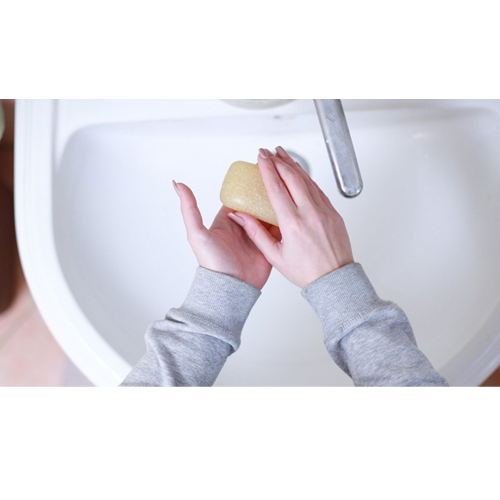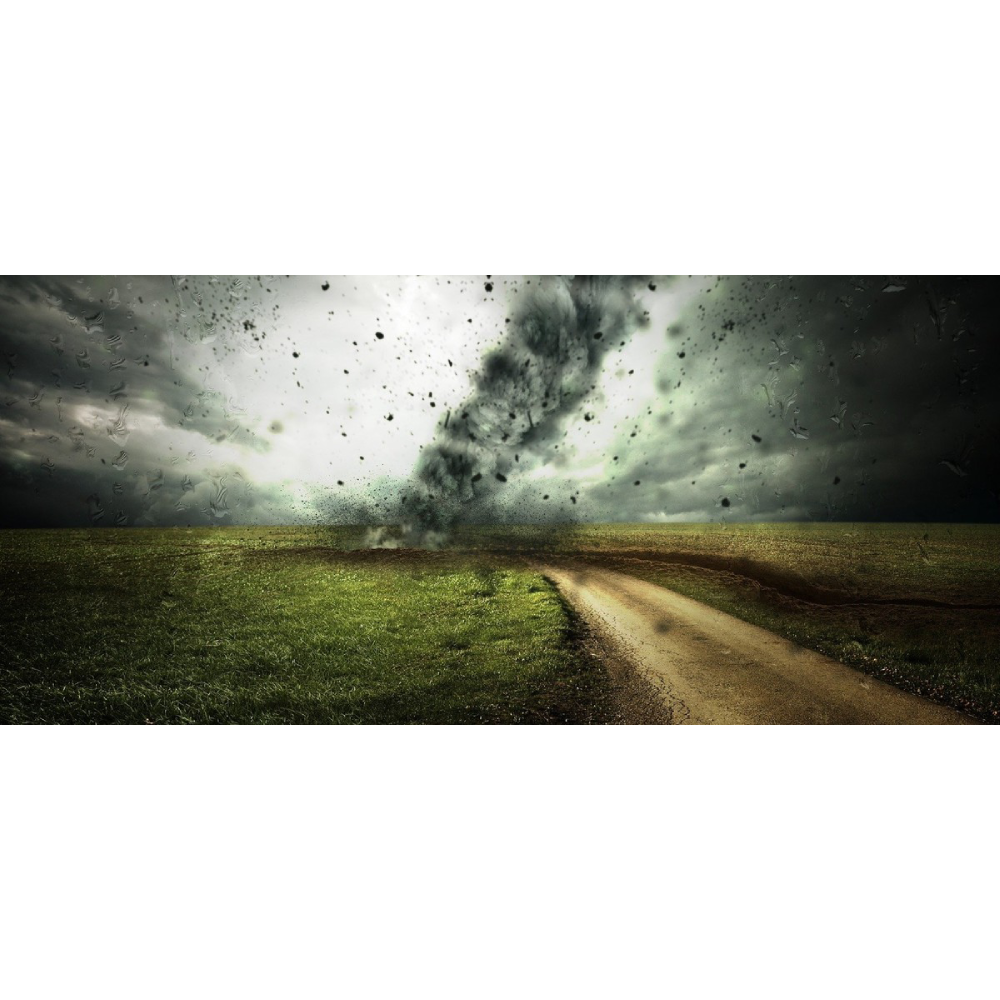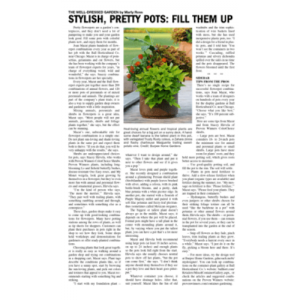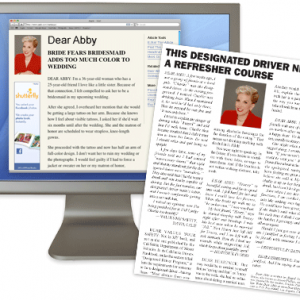This Woman’s Work
Browse MoreDescription
Whether you want to believe climate change exists or not, science adviser Carolina Behe works in the Inuit homelands of the Arctic Circle to assist in matters regarding the environment — all while keeping indigenous Alaskan traditions alive.
That’s why I support Carolina Behe’s work.
Carolina Behe is the indigenous knowledge/science adviser for the Inuit Circumpolar Council-Alaska. Carolina’s work is focused on Inuit food security, ecosystem health, biodiversity and overall climate change. Much of her work is focused within the Arctic Council.
1) What drew you to work in both indigenous studies and Arctic research?
With the many rapid changes occurring within our world today, I hoped to be able to work within the Arctic to aid in adjusting and increasing our understanding of the world. Through my position as the indigenous knowledge/science adviser for the Inuit Circumpolar Council-Alaska, I am afforded this opportunity. I was also drawn to the Arctic and this position because it allows for me to work within two knowledge systems: indigenous knowledge and science.
“Indigenous knowledge” takes a holistic view and sees how many pieces fit together. Within life, I have been taught about the relationships that exist between humans and their part in the world. Here, in Inuit homelands, this is a shared view by all those that I work with. Working with this understanding and way of knowing — combined with science — will aid in making adaptive ecosystem-based decisions in the face of climate change.
2) How much of your work and research is done outdoors?
We recently completed a multiyear research project focused on Inuit food security. During this project, I was able to do a lot of outdoor fieldwork. However, in general, the majority of my work is conducted at a desk, on my couch in the middle of the night (ha-ha) or in meeting rooms. Within this position, I act as an Inuit representative under ICC at various Arctic Council meetings. Arctic Council meetings and work are primarily academic. Within the U.S., I am given the opportunity to attend many indigenous co-management meetings. Most of this takes place indoors.
3) What are some of the effects you’ve seen climate change take on the flora and fauna of the Yukon River?
The area that ICC-Alaska advocates on and that I subsequently work within spans between Kaktovik (far north) and Platinum (in the Yukon-Kuskokwim region). There are many changes that are shared with us. A couple of things would include an increase in erosion rates, change in precipitation, change in ice coverage, less multiyear ice, shift in animal migration patterns and changes in timing of berries ripening.
4) How would you describe the Alaskan climate in terms of jobs and growth for women in the sciences?
There is a lot of opportunity for women in sciences in Alaska. Alaska is a unique state to work within science. The community of scientists begins to feel small, and it is easy to get to know people. This is true for all of the Arctic.
5) Is it difficult to keep Inuit and indigenous traditions prospering in Alaska? Why or why not?
I would say no — though there are challenges, as there are within all cultures. There is a strong commitment to maintaining cultural practices and ways of knowing. This is evident in any community that one may travel to. Inuit self-identity is closely tied to obtaining, gathering and processing food. Within the Inuit food system and culture, there is a strong focus on sharing and respecting all around you. The practice of sharing is one way that we see Inuit culture alive and vibrant. But there is also all of the feast, dancing, potlucks and much more.
Randi Zuckerberg is the founder of Zuckerberg Media, a best-selling author and the host of a weekly business show on SiriusXM, “Dot Complicated.” To find out more about Randi Zuckerberg and read features by other Creators Syndicate writers and cartoonists, visit the Creators Syndicate webpage at www.creators.com.






Reviews
There are no reviews yet.